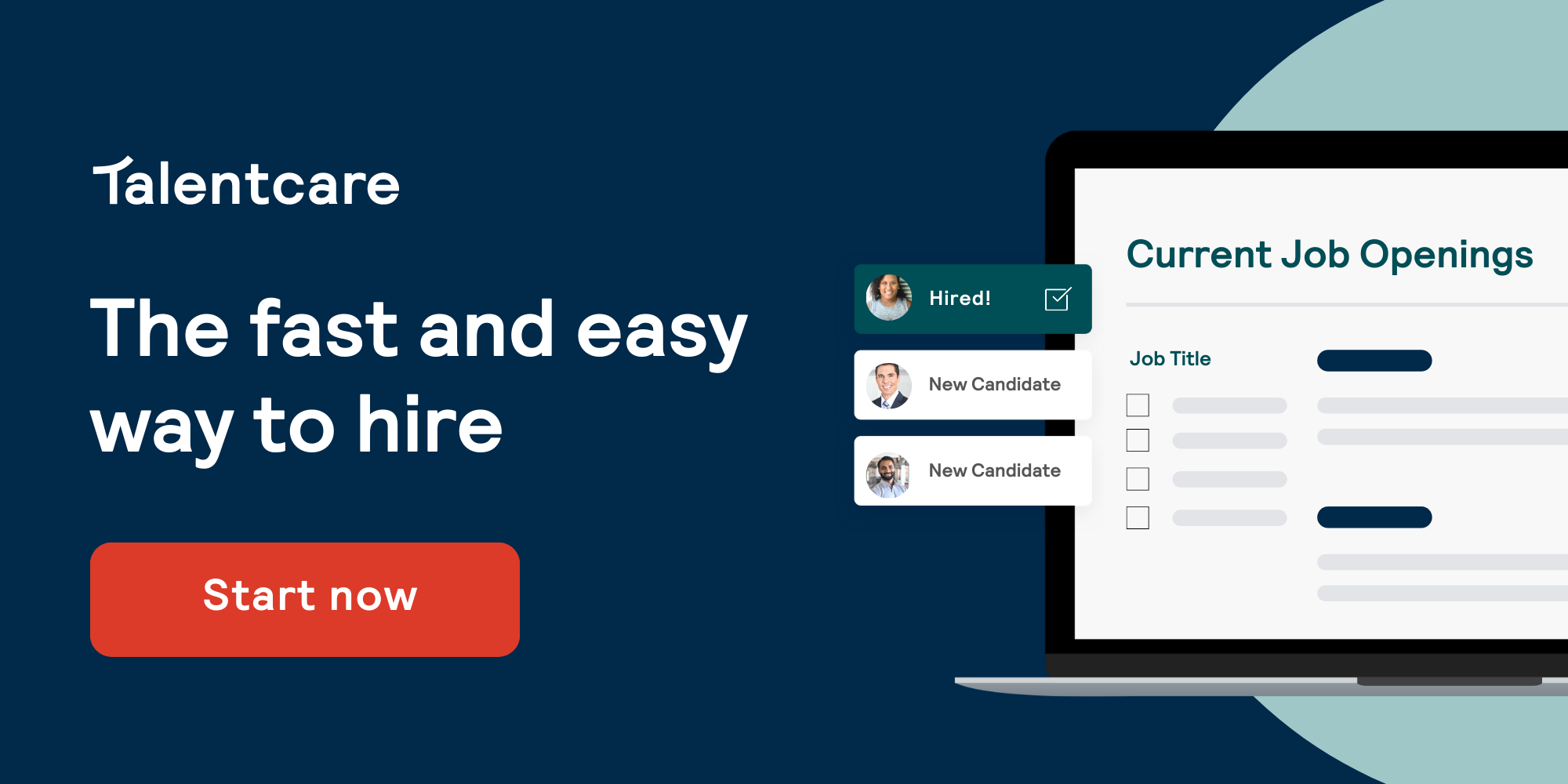Something wasn’t right. They didn’t like the job or they didn’t fit into the culture. Or, maybe, they just weren’t that great at the job after all.
You keep recruiting and you rack your brain to ask thought-provoking questions to help you pick a better match this time.
Do you want to know a secret? The interview questions you ask don’t matter.
Our clients ask us all the time, “Can you recommend some interview questions to ask candidates?” The challenge is the same interview questions don’t apply to every candidate in the same way. Your interview questions should be based on what you already know about their fit and what you still need to explore. So, there is not an easy one-size-fits-all answer.
One of the reasons interview questions don’t matter – we rely too much on our gut, especially during the hiring process. Most think the solution is interview questions, but it’s not that easy. Reviewing a resume and asking the same questions of every candidate requires subjective interpretation.
Let’s say you are interviewing two people for an open role. They answer your questions with nearly identical answers. (After all, savvy candidates have done their research about “the answers employers are looking for” just like you’ve done your research about what to ask.) You find one of the candidates more likable and interpret their answers as a better fit.
Later, you will learn that the candidate you felt was a better fit may have embellished their resume, experience and expertise. We don’t want to call it lying, per se. But, we’ve all heard the saying “Fake it till you make it.” Sometimes people take it a little too far.
So, we end up hiring the candidates whose answers (and personality) we like the best, rather than those who are most capable of performing well in the job and in our culture. The better way to handle hiring is to lean on objectivity. This requires putting everyone through the same process.
But don’t fret. We have a solution.

PROBLEM 1: Starting with a resume review means you are comparing apples to oranges.
PROCESS IMPROVEMENT: Start with a review of standard pre-screening questions which help you qualify and disqualify candidates based on the minimum requirements for the job.
PROBLEM 2: Asking the same interview questions of each candidate means you are not exploring fit based on their individual attributes.
PROCESS IMPROVEMENT: Use psychometric testing to identify candidate attributes and how they compare to your top performers. Then, adapt your questions to those comparisons and the areas you need to explore to validate their fit.
I know what you’re thinking:
“This sounds complicated. How do I choose who to interview if I don’t look at their resume first?”
That’s not what we’re saying – you will still want to look at the candidate’s resume… but, at a different point in your qualification steps. Here’s an example of what your new workflow may look like:
1. Qualify Candidates
Start off with a set of qualifying and disqualifying questions (also known as a pre-screening questionnaire). It’s an easy first step to narrow down the pool and weed out candidates who don’t meet the minimum requirements.
2. Leverage Predictive Analytics/Psychometric Assessment
To do this, you’ll have to identify the top-performing employees in each role, who’ve stayed for some period of time. Have them take the assessment and establish your benchmarks for each role. Then, have potential candidates take the assessment and compare their results to the benchmarks.
Let’s say your company’s culture thrives with employees with cognitive strengths in logic, deduction & reasoning, a work style preference of organization and a culture preference of competitiveness. Compare potential hires’ results with what you know works to see how they match up. If someone is a weak match, focus on the other candidates who are a good or strong match.
3. Review Resumes
Now is the time you make sure all the information provided to you so far match up with the candidate’s resume. You can also look for red flags, like “job hopping” or qualifications which just don’t seem to line up. This is the final step in pre-qualifying, after which you can begin interviews.
4. Objective Interview
Ok, so now it’s time for you to ask the interview questions. But, they should all be objective and should align with the predictive assessment. You’re going to want to ask questions that will help you better understand a candidate’s reason for scoring outside of your benchmarks.
For example, if you want to dig into the competitive cultural fit of your company and a candidate scored as possibly “too competitive” you could ask them something like, “Can you describe a time when you put the success of others ahead of your personal success?” This will allow you a deeper understanding of how they work and how they would fit within your team. All your questions will be based on data you currently have and will help you objectively narrow down candidates.
Okay, so the interview questions you ask do matter.
But, only if they are based on an objective process and the data to make them effective.
Changing your subjective process to be objective – or, at least as objective as possible – will help your company in the long run. You’ll bring on new employees who fit and help contribute to your company’s overall success. Most importantly, you will be hiring candidates who perform better and stay over time.
